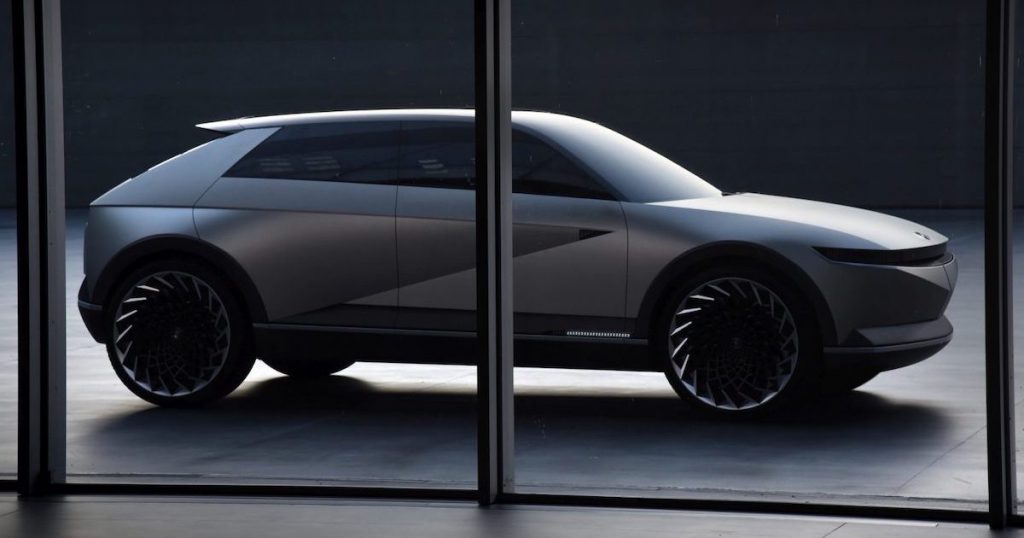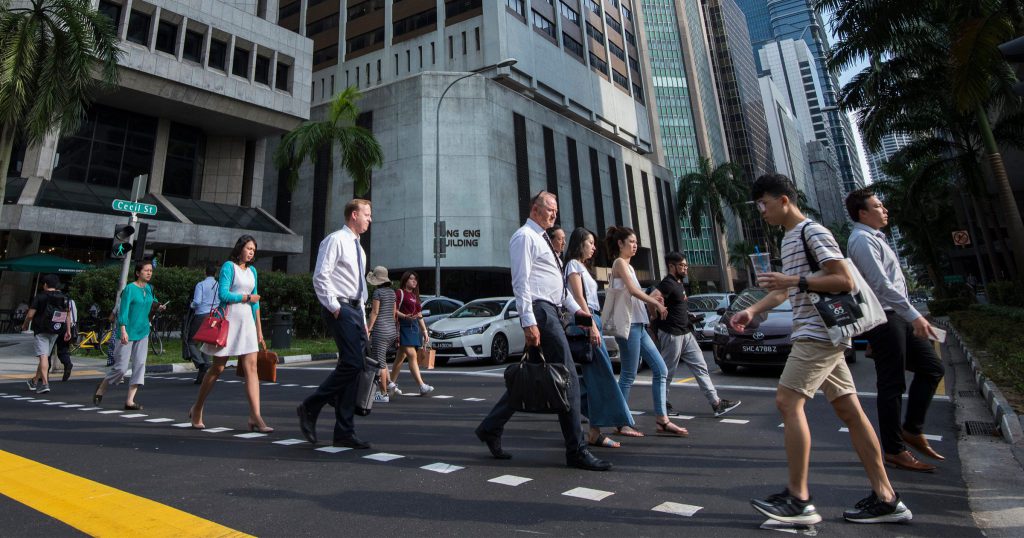[Update: 13 October 2020]
The upcoming Hyundai Motor Group Innovation Centre in Jurong is set to be completed by end 2022, and is touted to be the first of its kind in the world.
At its virtual groundbreaking ceremony this morning (October 13), Prime Minister Lee Hsien Loong said that he is happy that Hyundai has chosen Singapore as its new facility location.
“It is an investment of almost S$400 million, and may produce up to 30,000 vehicles per year by 2025, five years from now,” he added.
Some models that may be made in Singapore include the Ioniq 3 and Ioniq 5. These cars will be sold locally, with plans to be exported at a later stage.
The smart manufacturing facility will serve as an open innovation lab for Hyundai’s research and development in mobility concepts.
In the future, Hyundai customers can simply order and customise an electric car on their phone, and watch it get assembled in real-time.
Hyundai has partnered Nanyang Technological University (NTU) to find ways to offer “smart customising” functions that would allow customers to personalise their cars.
Once the car is ready, it will be transferred to a 620-metre Sky Track — which sits on the rooftop of the seven-storey facility — where the customer can test-drive the vehicle.
In addition, Hyundai will also trial battery-as-a-service. Customers can soon buy an electric car without its battery and simply lease it from Hyundai.
These batteries typically cost half the price of the car, so such service can help significantly reduce the cost of an electric vehicle.
Hyundai did not disclose how many people the factory will hire, adding that this “will be determined later … as the project evolves.”
—
British electronics company Dyson had announced two years ago that it is building its first electric car manufacturing plant in Singapore, which is slated for completion in 2020.
However, Dyson said last year that it’s scrapping the S$4.3 billion electric car project and closing its electric car facilities in both United Kingdom and Singapore.
This void left by Dyson is now filled by Hyundai Motor. The South Korean carmaker will be setting up an electric vehicles (EV) manufacturing plant at Bulim Avenue in Jurong, which is slated to be operational by 2022.
Spanning 28,000 square metres, the “smart manufacturing” plant will be housed within the Hyundai Mobility Global Innovation Centre, which carries out R&D and training processes, among other things.
The facility will also carry out artificial intelligence research, investment activities, and trial new mobility services.
Hyundai Will Be Made In S’pore
Hyundai’s presence in Singapore is rather groundbreaking. It is the first time Hyundai chose a country that does not have a car manufacturing industry.
This move also means that Hyundai will soon be made in Singapore.
According to sources, Hyundai’s first EV project will be an electric compact crossover, reportedly called the Ioniq 3.
Teo Hock Seng, executive chairman of Hyundai distributor Komoco Motors told The Straits Times that 30,000 electric cars will be produced in Singapore. Out of this figure, 5,000 to 6,000 units will be sold to the local market.
This upcoming facility will not only create job opportunities for Singapore, but also benefit adjacent industries which are already well-established here.
A Hyundai Motor spokesperson said that the facility will create “hundreds of jobs”.
This move by Hyundai is aligned with the government’s push towards electric vehicles. Singapore has expressed its ambition to phase out petrol, or internal combustion engine (ICE), vehicles by 2040.
To scale up into a nationwide electric mobility ecosystem, Singapore has also pushed forward with shared electric scooters, electric taxis, and even driverless electric buses.
Most recently, Tesla is widely-reported for its hiring rounds in Singapore, sparking rumours of its possible entry here.
With Tesla’s presence in Singapore, the adoption of electric cars may definitely see a spike.
While EVs are set to be a mainstay here, the government must first address concerns such as the lack of EV charging infrastructure and the high cost of ownership for Singaporeans to buy-in the idea of electric car adoption.
Featured Image Credit: Hyundai Motor











